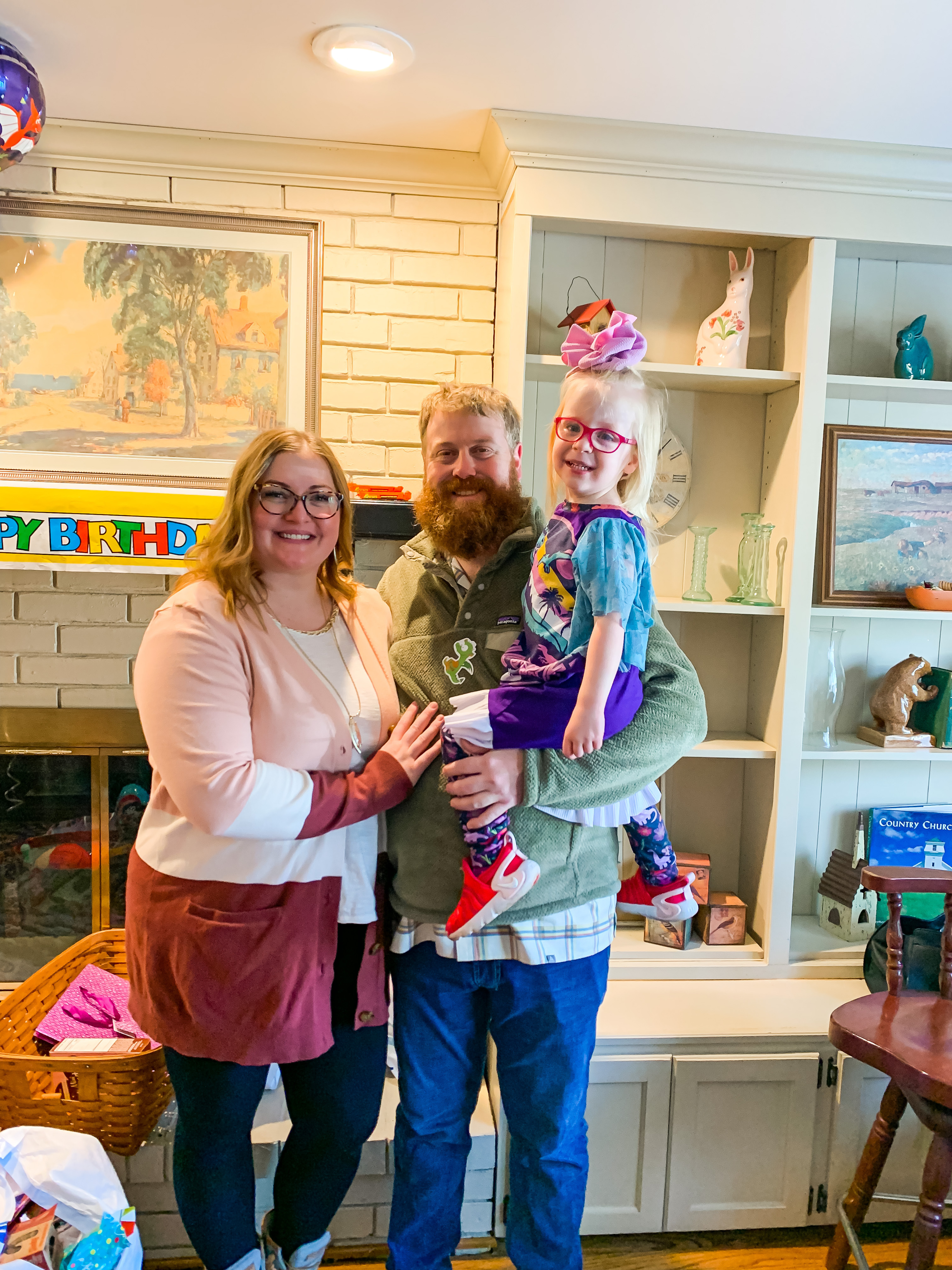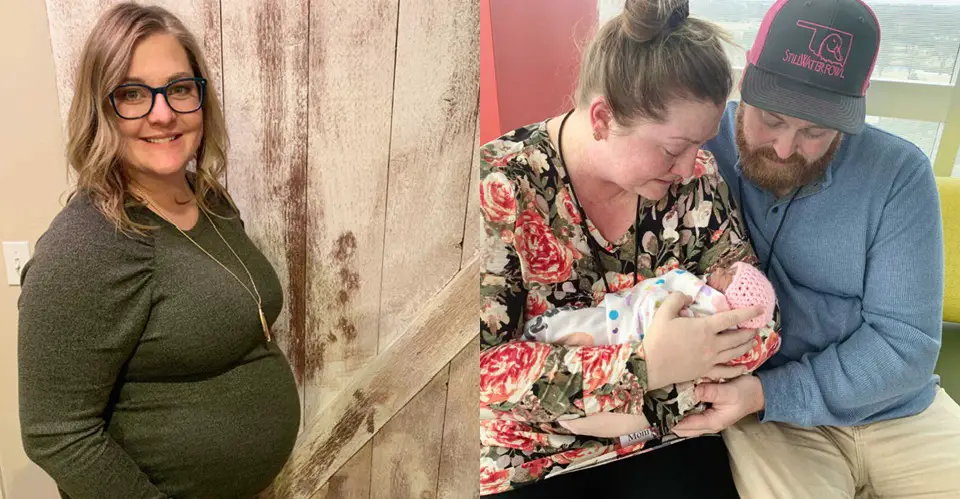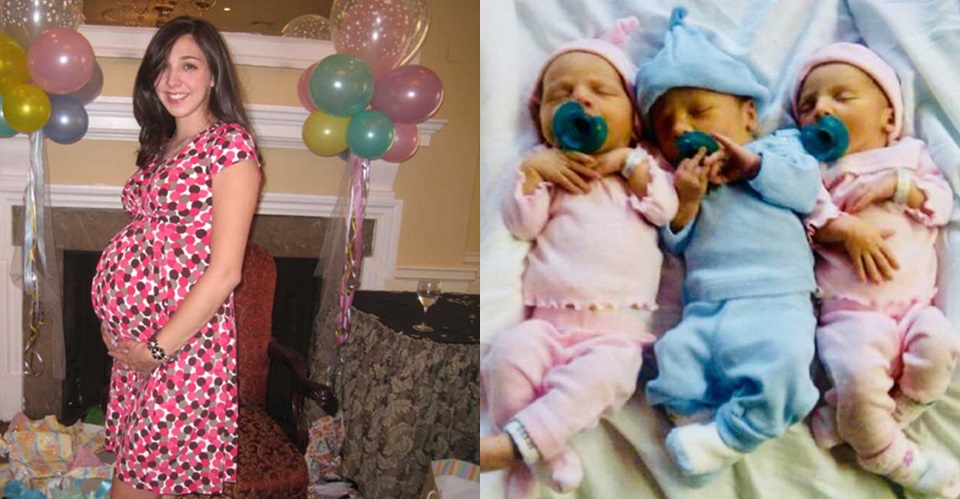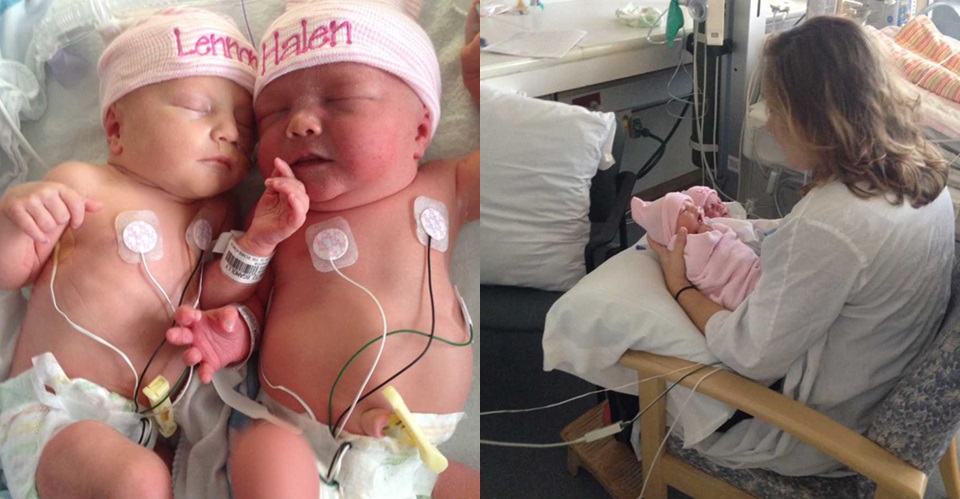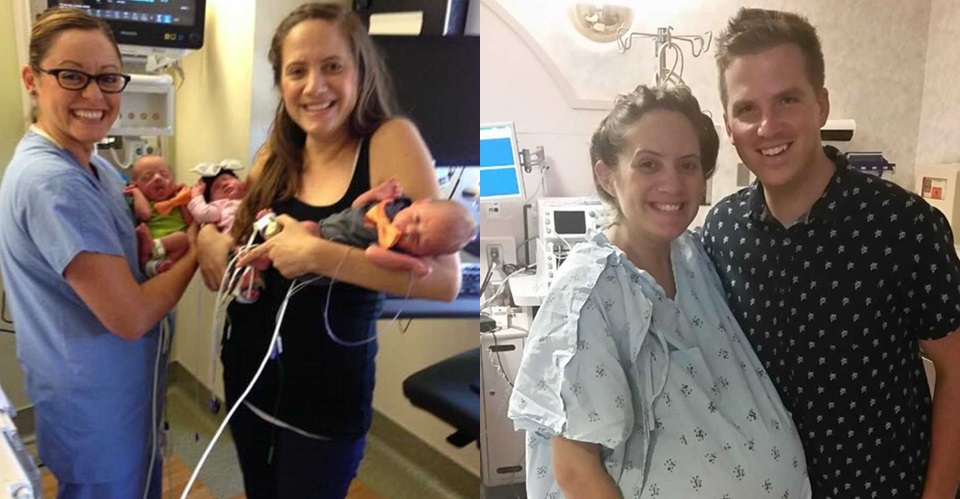Our arms hold one, but our hearts hold two, and they always will. Karli and her husband always felt they were meant to be parents of twins. It’s true when people say you need to trust your gut feeling! The news still stunned them because her doctor had warned pregnancy would be unlikely after a myomectomy left heavy scar tissue. Once the surprise faded, Karli read everything she could.
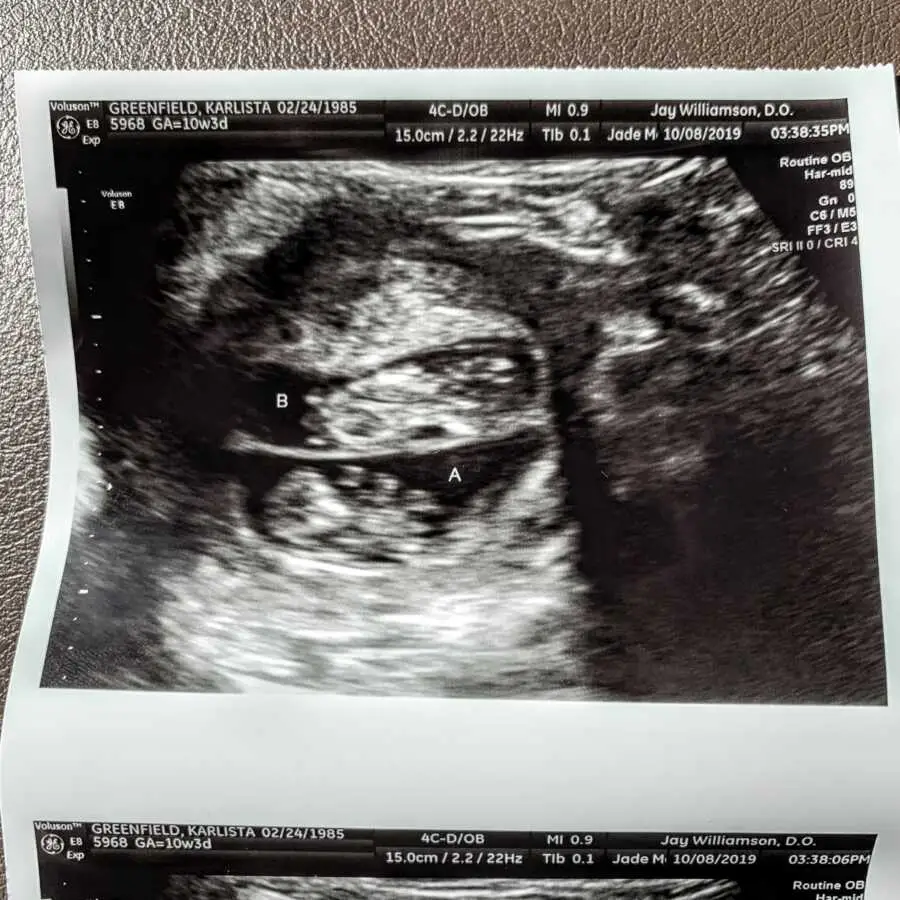
The early weeks were kinder than she expected. Although she expected a painful pregnancy, one that would keep her on her best behavior most days, there was no morning sickness; however, there was a growing belly by week nine and swollen ankles by week fifteen. She loved knowing her body was building two small lives. Around week eighteen, fear crept in. Karli’s cervix started to shorten. Then came another blow: baby Hollyn had vasa previa with a velamentous cord insertion, a dangerous placement of the vessels. The joy of expecting twins began to share space with constant worry.
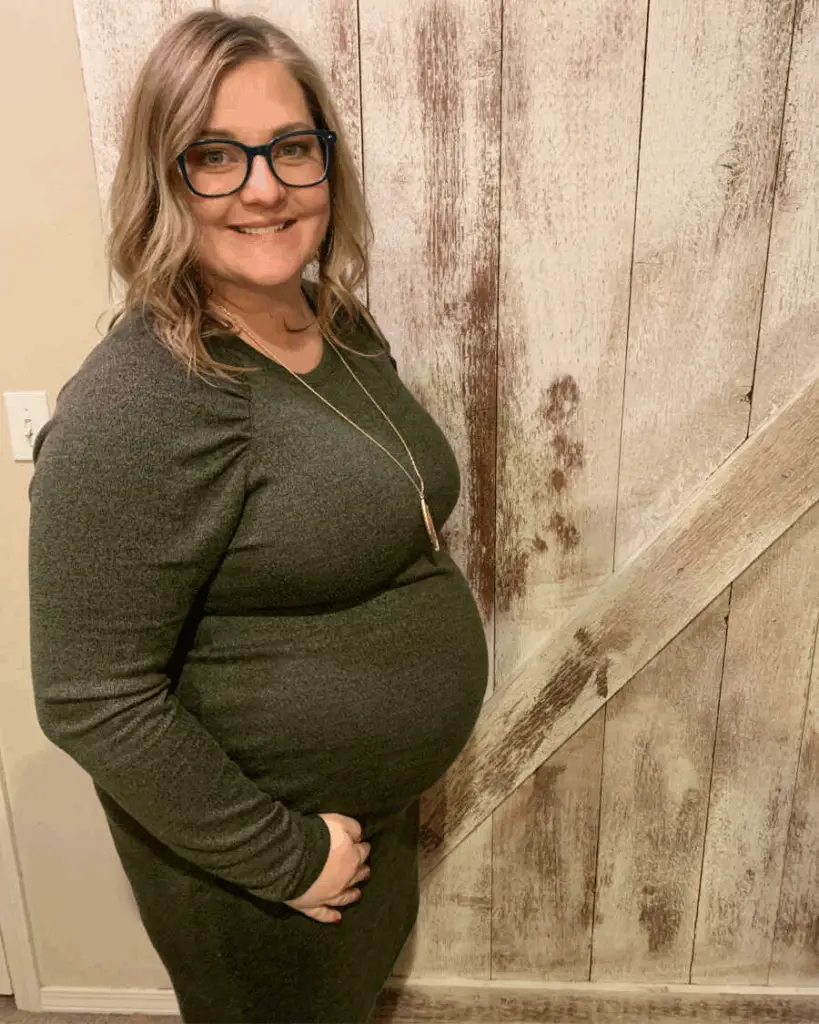
People tried to make small talk and offered unhelpful predictions about childcare costs, sleepless nights, quitting work, and comments that suggested she couldn’t be both a first-time twin mom and a professional. She brushed it off, but it stung. When doctors ordered hospital bed rest, she hated being still. She wanted to move, go to work, and live her routine. Instead, every quiet hour became a promise to keep the babies safe a little longer. At twenty-seven weeks, the girls arrived, far earlier than anyone hoped.
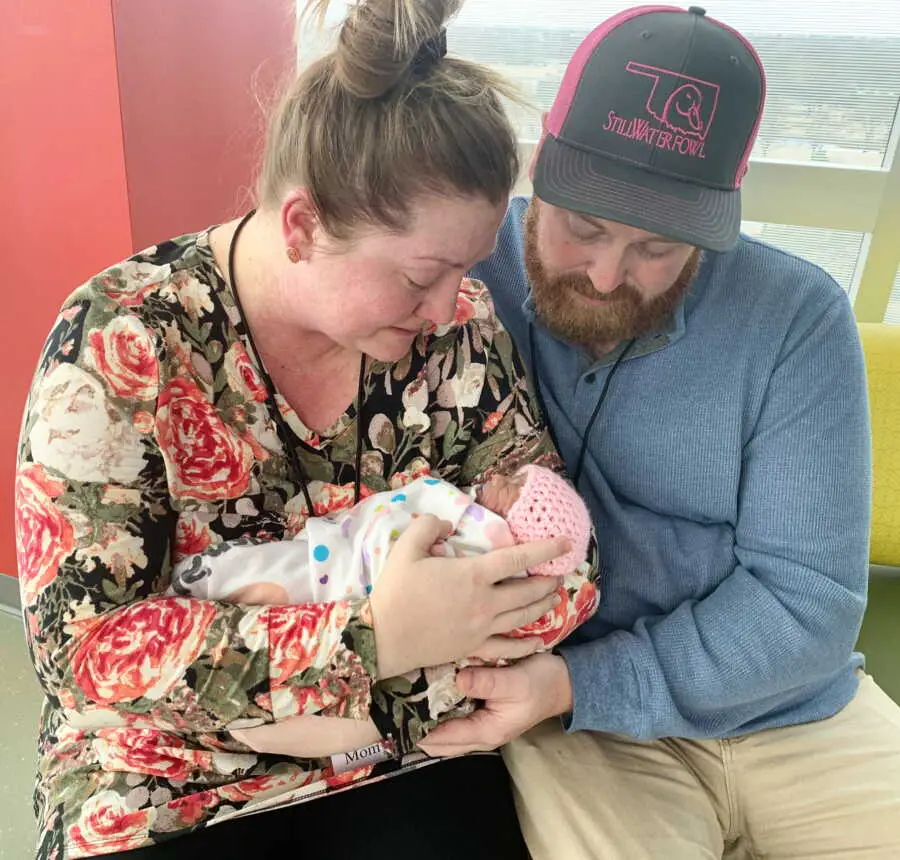
The days followed were a relentless loop: pump, carry milk to the NICU, learn new medical terms, remember to sterilize, fix the pump parts, hydrate, try different flanges, measure ounces, return to the NICU, ask what she missed, repeat. Her C-section hurt, the pressure to “make enough” milk piled on top of pain and confusion; it was exhausting and scary.
Then, before dawn, the call came: Hollyn had blood in her stool. Doctors believed it was necrotizing enterocolitis, a disease that can strike premature babies whose intestines aren’t fully ready. Infection spread, and Hollyn became septic. Even when a nurse urged them to call family, Karli believed medicine would save her baby like in the movies.
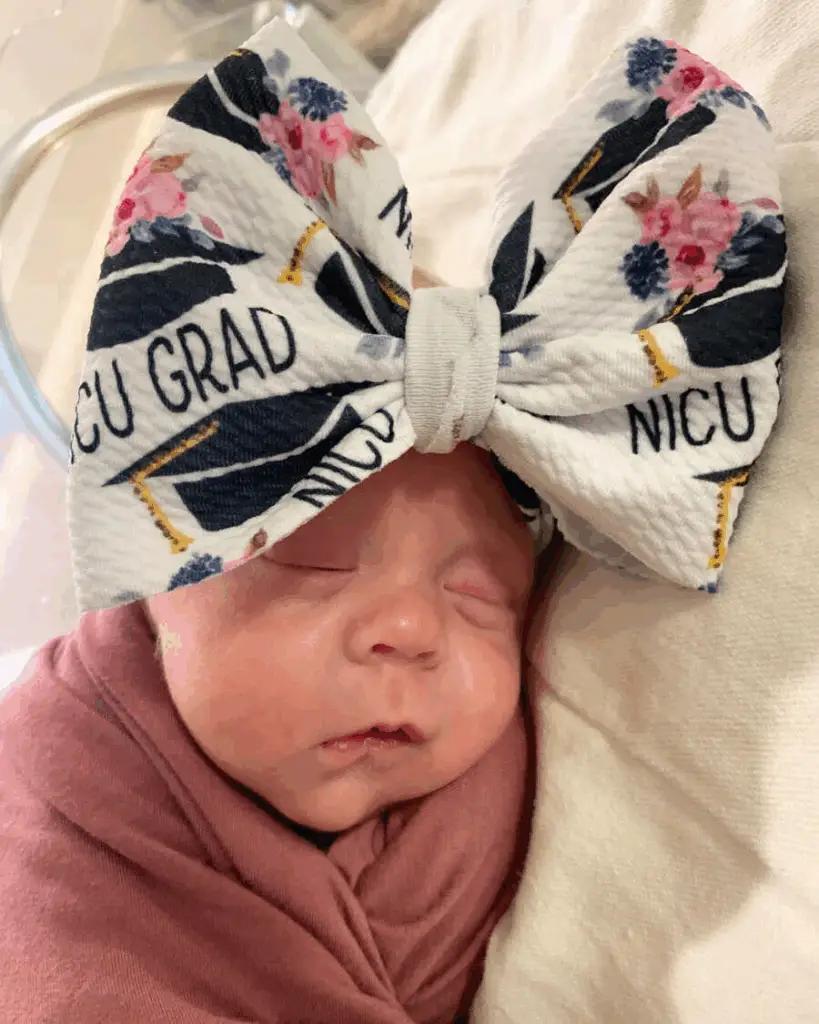
It didn’t. They held their daughter without oxygen, without a heartbeat, eyes closed, the first time they truly saw her face, and the only time. In that instant, the future she had pictured was shattered. There would be no first smile, sticky candy-covered hands, sour face at a slice of lemon, funny pucker for a kiss, only love and silence. Life changed forever. Their twins’ birthday is now two realities: grief for Hollyn and celebration for Rumely. It is a day that holds both ache and wonder, and it always will. People mean well, but many don’t know what to say. One sentence branded itself in Karli’s memory: “At least you still have one.” She understands the intent, but it cuts deep. Gratitude for Rumely does not cancel sorrow for Hollyn. Both are true at the same time.
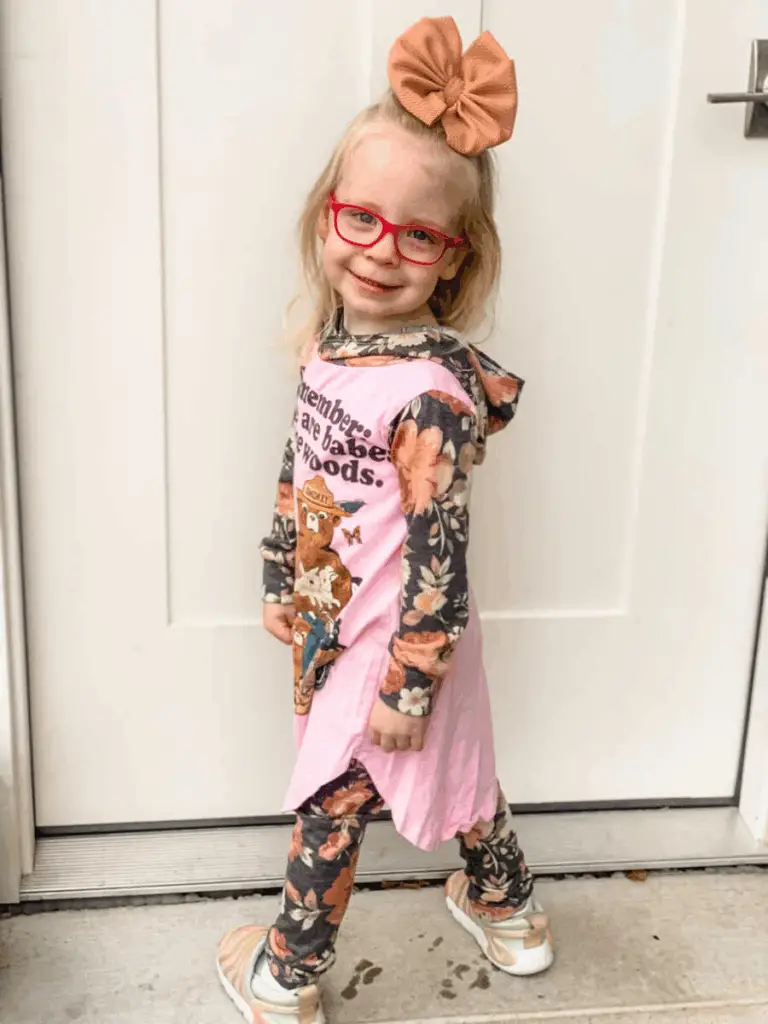
Rumely fills their home with light, learning, and the everyday work of parenting, a beautiful, hard, ordinary miracle. Karli never stops being amazed by her daughter. She also never stops being a mother of two.
For nine days, they parented both girls, confused, sleep-deprived, and fiercely loving. They were chosen for twins; that truth remains, even with one child in their arms and one held in memory. There is no neat ending here and no promise that time will fix everything. Sometimes all anyone can offer is presence, a hug, and the willingness to remember.
